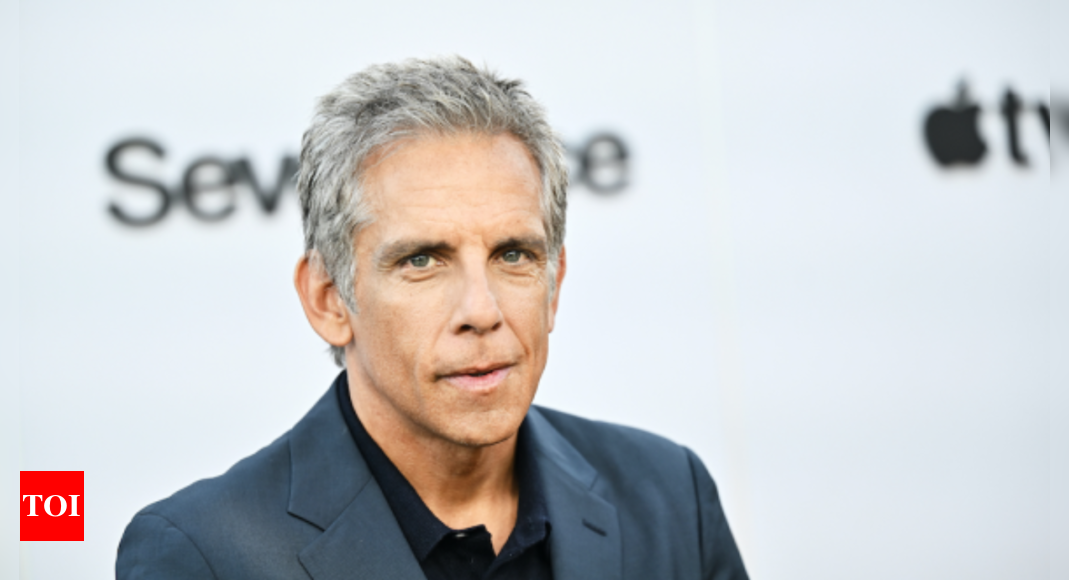Over 400 Hollywood Celebrities, Including Ben Stiller and Paul McCartney, File Complaint Letter to US Government Against Google and OpenAI

Hollywood Stars Unite Against AI Copyright Changes
In a bold move to protect creative rights, over 400 prominent figures from Hollywood, including famed director Ben Stiller, actor Mark Ruffalo, and musician Paul McCartney, have come together to voice their objections to recent proposals that would reduce copyright protections concerning artificial intelligence (AI) training. This open letter was directed at the White House Office of Science and Technology Policy, expressing concerns about the implications of these proposals for the creative industries.
The Industry’s Stand
The celebrities’ letter directly challenges new suggestions from tech giants like Google and OpenAI. These companies argue that U.S. copyright laws should allow them to use copyrighted materials for training AI without needing permission or compensation to the creators of those works. The letter states, “We firmly believe that America’s global AI leadership should not undermine our essential creative industries,” highlighting the significance of these industries to American culture and economy.
Key Concerns Raised
Economic Impact
The letter emphasizes that the entertainment sector contributes significantly to the American economy. It supports approximately 2.3 million jobs and provides $229 billion in wages annually. The industry plays a critical role in reinforcing American influence and soft power on the global stage. Creators worry that relaxing copyright laws would diminish this economic contribution and the cultural vibrance that emerges from protecting creative work.
Protection of Creative Works
The signatories contend that allowing AI companies to access and utilize creative content without fair compensation is fundamentally unjust. They argue that it could lead to a significant decline in the quality and diversity of creative works. The creators emphasize that the current copyright system supports creative individuals by encouraging innovation and safeguarding their interests.
The Technology Sector’s Perspective
Despite the artists’ objections, tech companies argue that changing copyright regulations is necessary to enhance the United States’ competitive edge in the field of AI, particularly against countries like China. They believe that reducing restrictions on how AI can be trained would propel growth in technology and create new opportunities for economic advancement.
Notable Signatories and Their Statements
The letter gathered signatures from a wide range of talents, including world-renowned actors, directors, and musicians. High-profile names like Cate Blanchett, Guillermo del Toro, and Aubrey Plaza are among those who have expressed their support for stronger protections. They underscore the importance of intellectual property and copyright in maintaining the integrity of creative industries.
Potential Consequences If Copyright Protections are Weakened
- Economic Decline: The potential relaxation of copyright laws could result in job losses within the creative industry, which is vital to the economy.
- Cultural Erosion: Weakening copyright protections risks diluting the rich cultural contributions that stem from creative works, harming the diversity of expression.
- Diminished Incentives for Artists: When creators don’t receive recognition or compensation for their work, it could demotivate artists and lead to less innovative and compelling content in the future.
As the discussion on AI development and copyright law continues, the celebrity signatories have indicated their intent to expand






